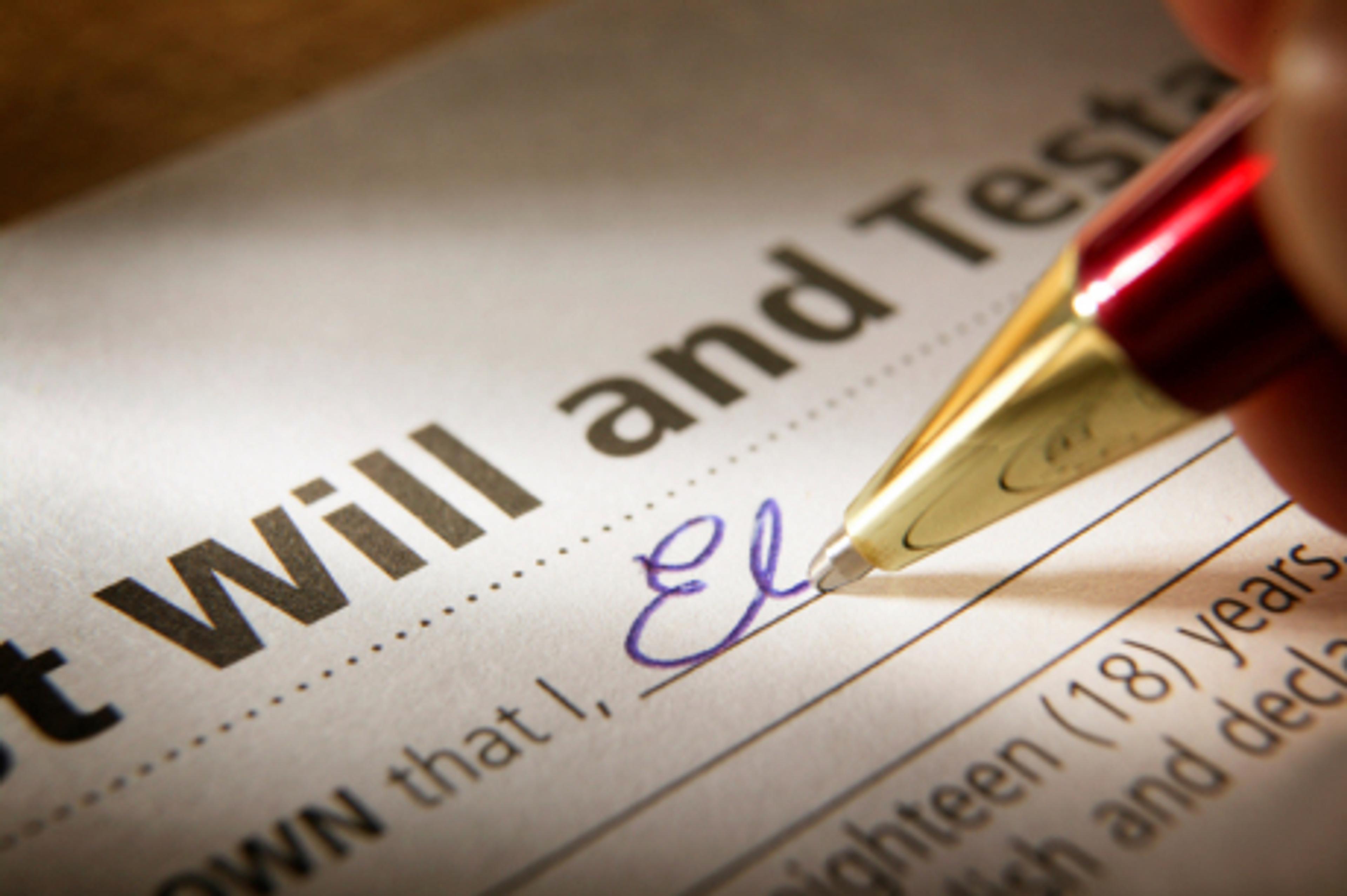I have recently taken the Giving What We Can pledge and in doing so I have been looking into efficient ways of donating money to charity. Giving What We Can have a very helpful page on their website detailing the tax deductibility of charitable giving. However, I recently had cause to change my Will and in doing so I found a very tax-efficient way to give. The effect is that some UK taxpayers can quadruple their donation to charitable causes, through Will giving, at no cost to themselves.

Here’s how it works. Usually an estate pays inheritance tax of 40% on the ‘net value’ of the estate. The ‘net value’ is the value of the estate after deducting for debts, liabilities, reliefs, exemptions (e.g. anything left to spouses) and anything below the inheritance tax threshold (which the government has just raised). However the UK government incentivizes individuals to give in their Wills. If 10% of the ‘net value’ of the estate is left to charity then the estate only pays 36% inheritance tax. Thus for example if the ‘net value’ of the estate is £100k then usually £40k is paid in tax and £60k can be bequeathed to beneficiaries. However, if the Will states that £10k should be given to charity then the remaining estate is taxed at 36%, which results in £32.4k being paid in tax and £57.6k going to beneficiaries. Hence by reducing the benefit to one of your beneficiaries by £2.4k, you can give £10k to effective charities. Thus, if you qualify for inheritance tax, you can effectively quadruple your effective giving by changing your Will to donate 10% to charitable causes.
| Net Value of Estate | £100k | £100k | | Left to Charities | £0 | £10k | | Inheritance Tax Rate | 40% | 36% | | Inheritance Tax Paid | £40k | £32.4k | | Left to Beneficiaries | £60k | £57.6k |
There is however a caveat to this. By giving £10k to charity you are also reducing government receipts by £7.6k and so you must make sure that you are doing more good than the government would otherwise be doing with those receipts. I suspect that Giving What We Can members should be able to convince themselves that by giving to recommended charities, which can save a life for around £2.5k, they are in fact satisfying that requirement.
Finally, it may well be the case that many of you do not have estates that would attract inheritance tax. Only about 3 to 5% of estates do. However, even if you would not qualify for inheritance tax, it may be the case that your parents would. If they intend to leave money to you, and you intend to leave that money to effective charities, it would be significantly more effective if they left it directly to the charities on your behalf. Thus instead of receiving £2.4k as a beneficiary of the Will, you would be donating £10k to effective charities and therefore quadrupling the good you could do. It may be a difficult conversation to have with your parents, but it could also be very beneficial. I have changed my Will accordingly and intend to have that conversation with my own parents shortly.